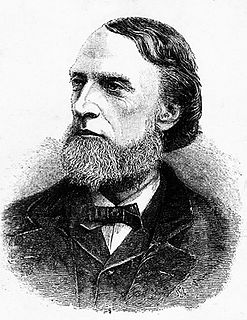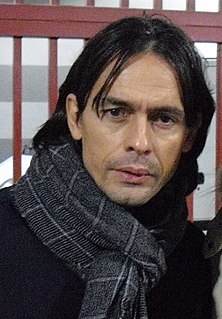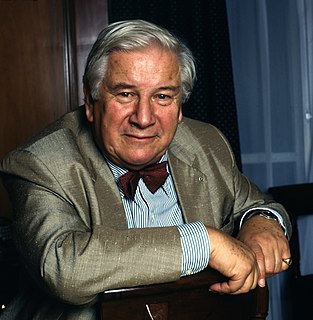A Quote by Joseph de Maistre
Every time that a man who is not an absolute fool presents you with a
question he considers very problematic after giving it careful thought,
distrust those quick answers that come to the mind of someone who has
considered it only briefly or not at all. These answers are usually
simplistic views lacking in consistency, which explain nothing, or which do
not bear examination.
Related Quotes
While testimonies can come as dramatic manifestations, they usually do not. Sometimes people think they need to have an experience like Joseph Smith's vision before they gain testimonies. If we have unrealistic expectations of how, when, or where answers come, we risk missing the answers which come as quiet, reassuring feelings and thoughts that most often come after our prayers, while we are doing something else. These answers can be equally convincing and powerful.
Socrates himself said, 'One thing only I know, and this is that I know nothing.' Remember this statement, because it is an admission that is rare, even among philosophers. Moreover, it can be so dangerous to say in public that it can cost you your life. The most subversive people are those who ask questions. Giving answers is not nearly as threatening. Any one question can be more explosive than a thousand answers.
Are you in a universe which is ruled by natural laws and, therefore, is stable, firm, absolute - and knowable? Or are you in an incomprehensible chaos, a realm of inexplicable miracles, an unpredictable, unknowable flux, which your mind is impotent to grasp? The nature of your actions - and of your ambition - will be different, according to which set of answers you come to accept.
The purpose of life seems to be to acquaint a man with himself and whatever science or art or course of action he engages in reacts upon and illuminates the recesses of his own mind. Thus friends seem to be only mirrors to draw out and explain to us ourselves; and that which draws us nearer our fellow man, is, that the deep Heart in one, answers the deep Heart in another, - that we find we have (a common Nature) - one life which runs through all individuals, and which is indeed Divine.







































